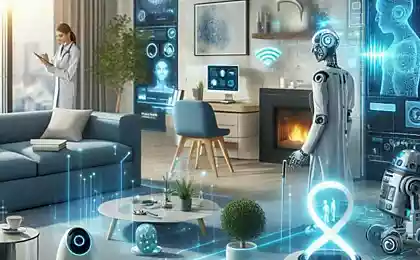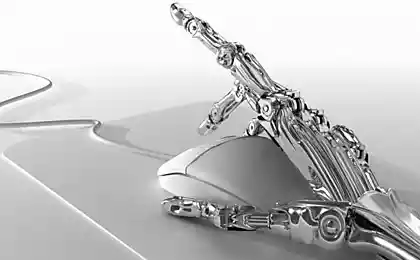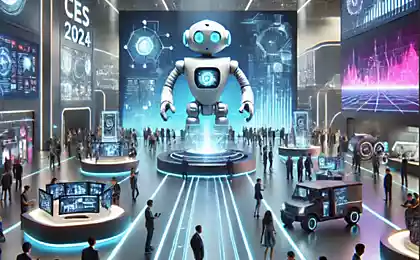280
The future is here: What technologies will change our lives in the next 5 years?
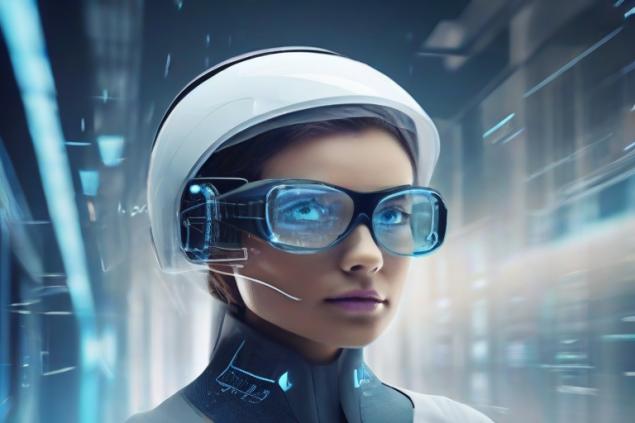
The modern world is in constant flux of technological revolution, and the next five years will bring even more amazing changes to our daily lives. New technologies are expected to reshape our routines, improve efficiency, and open up new opportunities. Let's look at a few key trends that are likely to have the biggest impact.
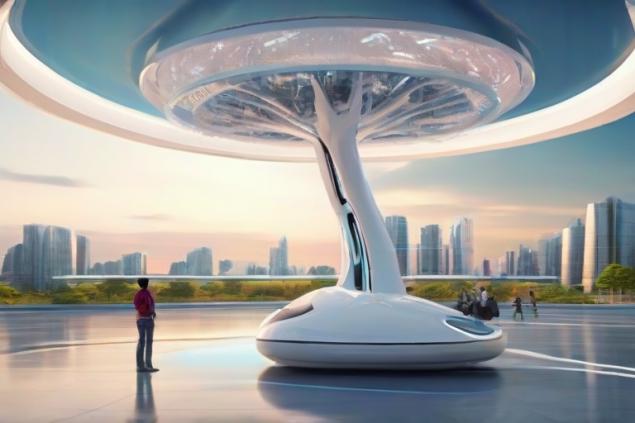
1. 5G and related technologies: Fifth generation (5G) networks represent more than just an improvement in Internet speed on mobile devices. This technology provides higher throughput, lower latency and higher connection density. This opens the door to faster deployment of the Internet of Things (IoT), autonomous vehicles, and new forms of device-to-device interactions.
2. Artificial Intelligence (AI): The development of artificial intelligence covers many areas, from medicine to education. Advanced machine learning algorithms and neural networks lead to the creation of more intelligent systems. In the coming years, we will see improvements in personalized healthcare, autonomous transportation solutions, and more accurate forecasting for various industries.
3. Augmented Reality (AR) and Virtual Reality (VR): AR and VR will redefine the way we interact with the world around us. From enhanced reality in medical operations to virtual travel and virtual learning, these technologies will transform not only entertainment, but also education, medicine and business.
4. Quantum computing: The era of quantum computing is coming in the field of information technology. These computers can process data based on the principles of quantum mechanics, leading to revolutionary changes in data processing, cryptography and other fields.
5. Blockchain and digital currencies: Blockchain technology has already attracted attention in the field of finance and decentralized control systems. Over the next five years, we will see an increase in the use of blockchain in various industries, including logistics, healthcare and government services.
6. Environmental technologies: With the constant growth of interest in ecology and climate change, new technologies will be aimed at reducing the negative impact on the environment. This includes developing more efficient energy sources, creating smart cities and developing environmentally friendly vehicles.
7. Biotechnology and Genetic Engineering: Advances in genetic engineering provide new opportunities to treat diseases, create personalized medicines, and even improve human characteristics. These technologies have the potential to redefine medicine and raise questions of ethics and safety.
Conclusion: The next five years are shaping up to be exciting and transformative, driven by a number of innovative technologies. However, with these new capabilities comes the responsibility to ensure that cutting-edge technologies are used safely, ethically and fairly. By balancing innovation and public interest, we can face the future with open hands and build a more technologically advanced and sustainable world.
The future of artificial intelligence: trends and prospects
Health Secrets: Five Simple Steps to a Healthier Life


















